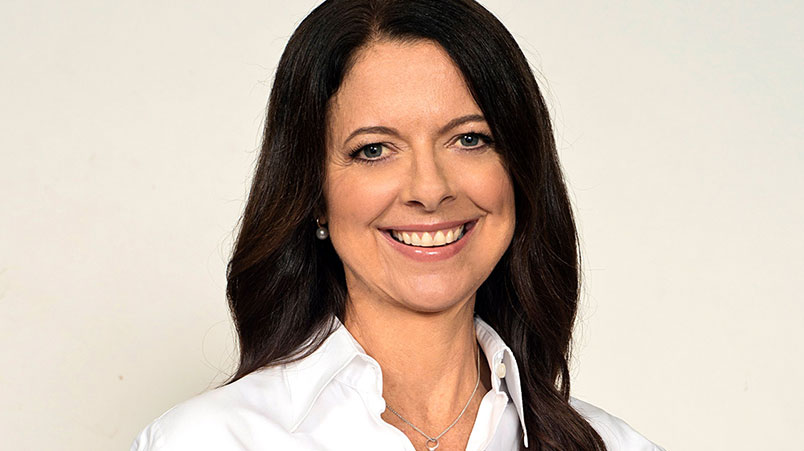My big breaks were from ‘gender-blind’ CEOs and Chairs…but

Cathy O’Connor has always felt powerful in an all-male room. Her big breaks came from CEOs and Chairs who looked through gender but… nuanced behaviour still goes un-checked and it starts at the top.
I was given my big breaks by male CEOs and Chairs – they were gender blind and assessed me based on what I contributed.
Swearing like a trooper
I am often asked how I've managed my career progression against the challenges of the traditionally male-dominated media industry.
The answer is it's been about having strong role models and supportive bosses.
In my first ever media job at 2SM as a Radio Account Manager, I had a female Sales Manager – Cathy Brown.
She swore like a trooper, had three kids and was a formidable salesperson. People were scared not to buy from her. Seeing her juggle career and family made that all seem possible to me.
Some 12 years later, as General Manager at 2DAYFM and Triple M in Sydney, I went on to have two kids of my own and began to be referred to as a role model. What was once seen as a fast-paced, young person's company began to be referred to as "family-friendly." And in those days, staff around me learned through observation that all these things were possible.
Gender-blind CEOs and chairs are good
I was given my big breaks by male CEOs and Chairs – they were gender blind and assessed me based on what I contributed. Maybe they even preferred that I was female? It was different. I now know how fortunate I have been to have worked with them.
Companies have long worked out that family-friendly policies are a basic business requirement if you want to hire the best. But companies cannot rely on policies alone to create a working environment where women can thrive. Many CEOs champion culture, but the more nuanced behaviours and bias that often deal women out of equal treatment, often go unchecked.
I found the courage to tell him in that moment how unsatisfactory and upsetting that comment was. His defense was he believed he was supporting me, completely unconscious of his bias.
Powerful in an all-male room
Cathy Brown certainly believed she was equal to every Media Director she sparred with. I have always felt powerful in a room where I'm the only woman. But even those with less overt confidence have the right to be treated fairly and equally.
As a leader, it is my responsibility to call out bias when I see it. Those conversations are often uncomfortable, but they need to happen for things to change.
- Remind staff that golf days often exclude female staff. Sure, they may not play golf but it’s always nice to be invited.
- Remind male staff who say ‘why don’t we have International Men’s Day?’ of the statistical realities of gender inequality in Australian business.
- Taking a leader to task over a view that a certain role ‘could not be done over three days’. The only staff asking for three days were working mums. So, in effect, that was discriminating on the basis of family status.
'Choose to Challenge’
This year's theme for IWD around 'choose to challenge' is about creating change by calling out gender bias and inequality. People are speaking up in increasing numbers, and the power of public speech through digital and social channels, a powerful force that brings new levels of accountability for corporate Australia and media companies as a subset of that.
But the stimulus for change towards more equality in our sector must come from leadership itself. It's not the job of the People and Culture team. Change comes when leaders are aware of how their companies show up for their female staff and are prepared to listen and accept their own report cards and act accordingly.

